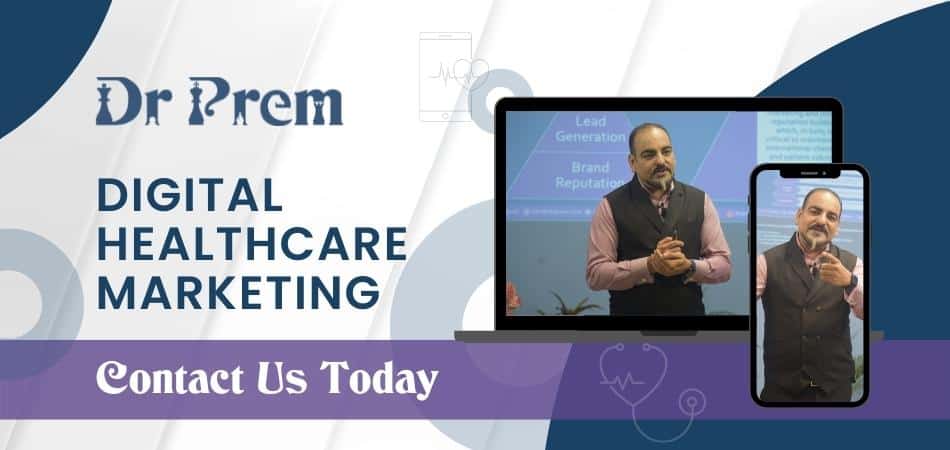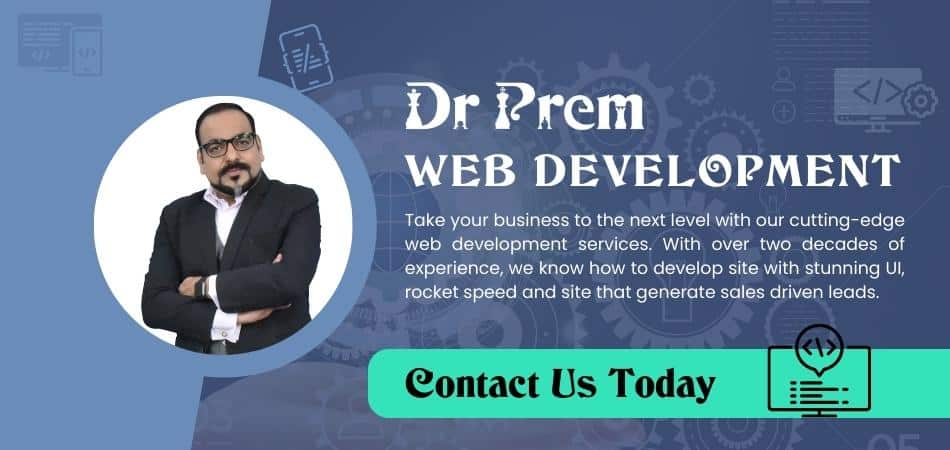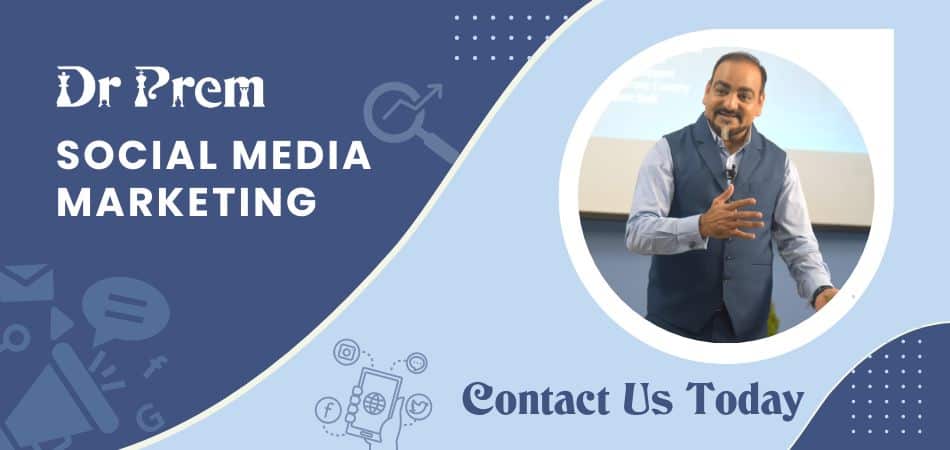For a business that aims to accumulate a solid customer base, it is but imperative to understand various stages of customer’s decision-making process. At the first stage of this cycle, customers are regarded as leads. It is important for businesses to lure these leads and convert them into dedicated, future customers. Most of the time, every customer has the same mental triggers, called psychological triggers, propelling him or her to take an action.
Why identify psychological triggers
Marketing veterans or smart marketers know how important conversion rate of optimization is. They know what exactly would aid in increasing this rate of conversion and it is no rocket science. The beauty is that the conversion rate of optimization is deeply grounded in human psychology.
The ability of businesses to convert leads into customers is dependent on the understanding of the lead’s behavior and motivations. This would allow businesses to create content that would resonate with likings and aspirations of leads. Understanding this psychology will enable businesses to create meaningful experiences and allow quick conversions.
Identifying the triggers
At the root of human behavior is the desire to receive what they feel is best for them. Even if people take actions that may seem to be painful, there is underlying pleasure that they wish to attain at the end of it. Understanding of this basic human emotion allows businesses to tap on this to aid conversion.
It is therefore important for businesses to identify the right triggers that would spark an action on the side of the leads. When a trigger is set, these businesses would be able to influence people to buy their products or services. The right triggers can be identified by first knowing who their audience is and what motivates them the most.
Key psychological triggers
As we know, people always want the best. They love to derive pleasure at all time and avoid pain. Where there is pain involved, people are likely to avoid it and look for other alternatives.
When the ability to avoid pain and simultaneously deriving pleasure is combined together, the person feels euphoria and gets an extremely positive experience. As such, businesses can use this psychological trigger and showcase how pleasurable their product or services are to potential customers.
Next, tap on the novelty factors and curious minds. People always enjoy new experiences and when a business is able to offer one, people’s curiosity is piqued. Along the lines of the information gap theory, curiosity sparks action. Triggering this curiosity will cause prospects to check emails the business has sent, research in detail about the products or services it offers and even promote it.
Buying the product or service will allow the customer to fill the gap. Social factors are another key psychological trigger that help in conversion. As humans, we always crave to belong to a group. This is a basic survival instinct. Businesses can tap on this survival instinct and endeavor to target specific groups of people depending on product or service type.
By doing so, this group of people would feel like they belong to a niche group and begin to engage in your product or service. Businesses can also use emotional triggers by evoking a positive emotional connection with their prospects. Additionally, positive emotions can be stirred by associating the product or service with values that people want to be a part of.
It is important for businesses to understand the psychological triggers that can help in converting leads into customers, thereby ensuring success and greater profits.




